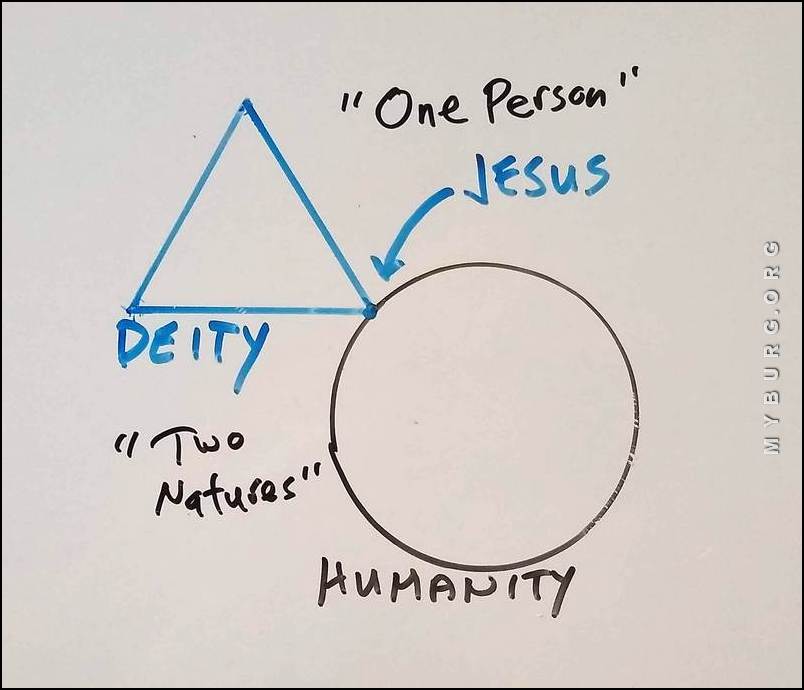bible reading mar 26-28

Bible reading for weekend March 26 – 28
Mar 26 – Proverbs 13 and Ephesians 6
Mar 27 – Proverbs 14 and Philippians 1
Mar 28 – Proverbs 15 and Philippians 2
“Hope deferred makes the heart sick, but a desire fulfilled is a tree of life.” (Proverbs 13:12)
HOPE DEFERRED (ch 13). What do we do with our desires in life? Do we merely seek to fulfill them, or should we deny them? Proverbs addresses what the wise person does to manage, and ultimately fulfill, his desires in life. Solomon is writing on the theme of wealth, along with the related topics of being teachable and preserving good speech (vv 1-10). Look at this one portion (vv 11-20) which repeats the phrase “a desire fulfilled” toward beginning and end. What do we learn from the proverbs recorded between those statements? We do not deny all of our desires, because life from God includes fulfillment of good desires (v 12, 19). Fulfillment of desires (especially wealth) comes incrementally, and we should not rush ahead (v 11). Love for God’s word and the teaching of the wise will help us manage of our desires (vv 13-14). If we act with good sense, prudence, and knowledge, we will not bring ruin upon ourselves (vv 15-16). We should be careful not to flaunt what we have (v 16, cf v 7). We are stewards of truth (a message from God), and we are to be faithful to him (v 17), which relates also to the resources he has entrusted to us (cf Matt 25:1-30, the parable of the wise and foolish virgins). Our associations (whom we walk with) are important, as is turning away from evil (vv 19-20). Being teachable is a repeated theme. So, our desires are neither to be fulfilled however we wish, nor merely denied altogether. They are to be managed with righteousness and wisdom. God is the Lord of our desires both in this life and the life to come (Ps 16:11).
MORE PROVERBS (ch 14-15). As you may realize, the sayings of Solomon are not collected in neat groups according to a simple outline, but rather, are more circular, considering in turn a number of themes which relate to one another. In keeping with the banquet image (9:1-5) Proverbs is a kind of lazy Susan (bad term for this), which brings before us morsels of good food to taste, to consider, and to consider again. Enjoy the next two chapters!
DON’T BE A FOOL. The terms, “fool” and “folly”, appear frequently in Proverbs, as well as in Psalms and Ecclesiastes. At least five things characterize the fool: 1) Unbelief, that is, he rejects God and trusts himself (Ps 14:1; Prov 28:26). 2) Pride, that is, she is willfully unteachable (Prov 1:22; 15:5). 3) Ignorance, that is, he is spiritually unperceptive (Eccl 2:14; Prov 14:7). 4) Amorality, that is, she is morally undiscerning (Prov 12:15; 14:9). And 5) Immorality, that is, they end up being physically unrestrained (Prov 14:16; 18:7; 20:3). There is a downward progression in the manifestation of these traits, as is also seen in Romans 1. There are only two paths in life (Psalm 1), and at the end of our life it will be seen whether we were a wise person or a fool.
================
“Have this mind among yourselves, which is yours in Christ Jesus, who, though he was in the form of God, did not count equality with God a thing to be grasped, but made himself nothing, taking the form of a servant, being born in the likeness of men. And being found in human form, he humbled himself by becoming obedient to the point of death, even death on a cross.” (Philippians 2:5-8)
BE STRONG (ch 6). Spiritual warfare is a reality and we need to be clothed in Christ’s strength. Read more here.
TO LIVE IS CHRIST (Phil 1). Here’s an introduction to Paul’s epistle to the church in Philippi.
HE EMPTIED HIMSELF (Phil 2). Jesus “took the form of a bondservant…” This passage, along with John chapter 1, clearly teaches the pre-existence and deity of our Lord Jesus. The point here is not that the second Person of the Trinity, the Son, ceased to become God, but rather he united himself with humanity and dwelt among us and served as a human. This humble mindset becomes the pattern for us in our service to others. Jesus was not two people, nor was he one person who was half-God and half-human. He is one Person with two natures. A simple illustration I have used is seen above. Deity and humanity are not the same, just as a triangle and circle are different shapes by definition. But when a triangle and circle are conjoined at one point, then that point is both part of the triangle and part of the circle. Jesus is fully God and fully man in one person. Here’s more on this chapter.
About this newsletter: I post three times a week on my Bible reading, following the Robert Murray M’Cheyne (RMM) two-year reading schedule, as arranged by D. A. Carson. Scripture quotations, unless otherwise noted, are from The ESV® Bible (The Holy Bible, English Standard Version®), copyright © 2001 by Crossway, a publishing ministry of Good News Publishers. Used by permission. All rights reserved. Another resource I recommend is the NET Bible with its excellent notes at netbible.org.